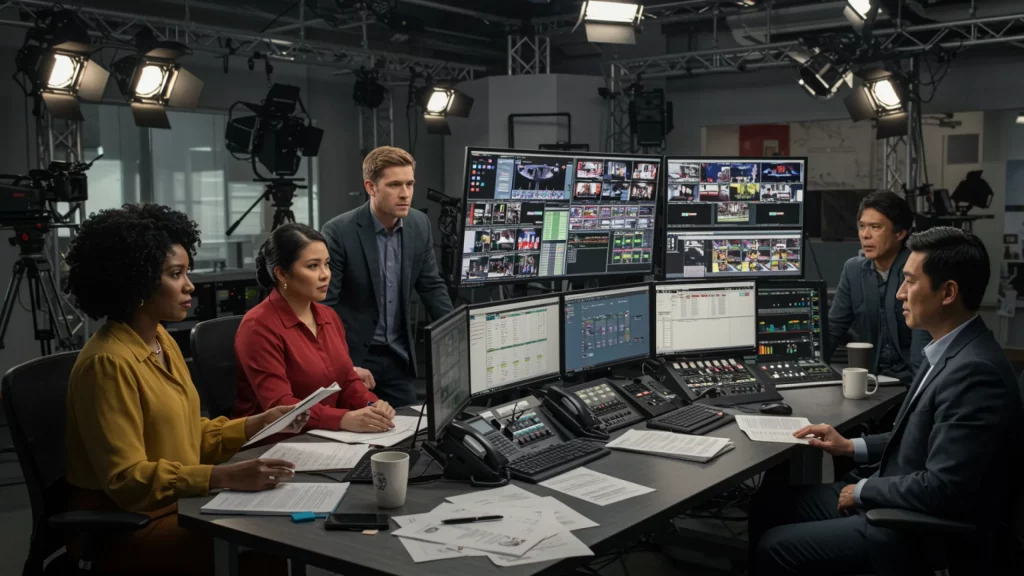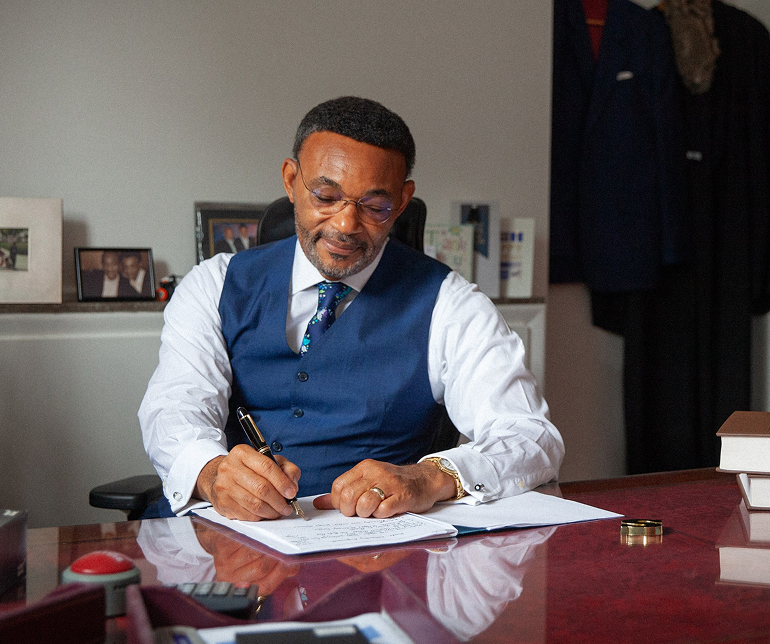Construction
Does AI have a place in construction projects?
- Written by: Samuel Okoronkwo
- Published on:


Share
AI has infiltrated nearly every industry, but does it have a place in one built on manual labour? Of course, technology has long helped advance the construction industry However, rapid advancement can come with risks. And with the speed with which artificial intelligence is being adopted by many industries, there is also the risk of being left behind.
It is important to fully understand the advantages AI brings so that these risks can be avoided.
As well as the direct impact AI can have on construction projects, there are also the ripple effects, such as the disputes that can arise. I will explore that impact more near the end of this article.
First, we must establish what advantages AI offers the construction industry.
Staying competitive
Healthy competition is vital to survival. Keeping an industry like the construction industry on its toes is a great motivator for innovation and striving toward greater success. AI contributes by improving the efficiency of construction projects. Effective use of AI software in construction is increasing the ability to manage a greater number of projects and employees.
Remaining on top of finances
AI software is helping project managers keep track of both direct and indirect costs – direct costs are those directly attributable to the project (e.g., labour, materials), while indirect costs are overheads that accrue over time (e.g., utilities, administrative expenses). AI can identify errors, flag concerns and make independent assessments and recommendations that will improve efficiency and ROI.
Reducing risks across multiple areas of a project
There are many risks that can occur during the lifecycle of a construction project, and they are not only limited to health & safety issues. Quality issues, delays, unexpected costs – these are all risks that threaten a project’s success. AI algorithms are capable of identifying potential risks and analysing the impact they may have, allowing for efficient mitigation strategies.
The ripple effect of AI on construction disputes
Leading on from how AI can help mitigate risks during construction projects, it also has an indirect impact on disputes that may arise. Disputes usually occur due to time, cost or quality issues – all things AI systems can keep track of. The efficient logging of this information will aid the dispute process.
ADR, which includes adjudication, arbitration, and mediation requires an efficient catalogue of any and all documents relevant to the nature of the dispute. These documents are presented as evidence to the adjudicator who will be responsible for determining a resolution.
To ensure you get the resolution you are seeking, it is best to be prepared and as organised as possible. With all of the cogs that are needed to keep a construction project turning, it is easy to lose track. Using AI systems keeps everything where it should be and makes it easily accessible should you ever need it in cases such as disputes.
While AI can support dispute preparation, it should not replace expert legal advice. If you require legal advice and guidance from an expert in dispute and construction law, get in touch with one of our clerks at Mercantile Barristers and they can guide you in the right direction.
contact us
Contact Samuel Okoronkwo
Get in touch today to speak directly with Samuel Okoronkwo for expert legal advice and assistance.



